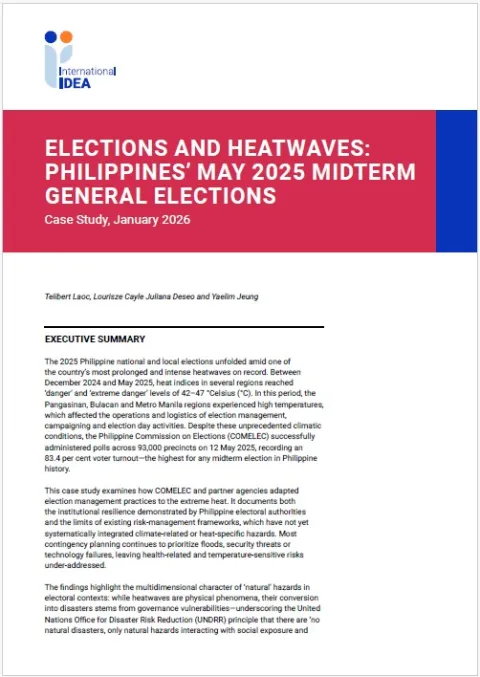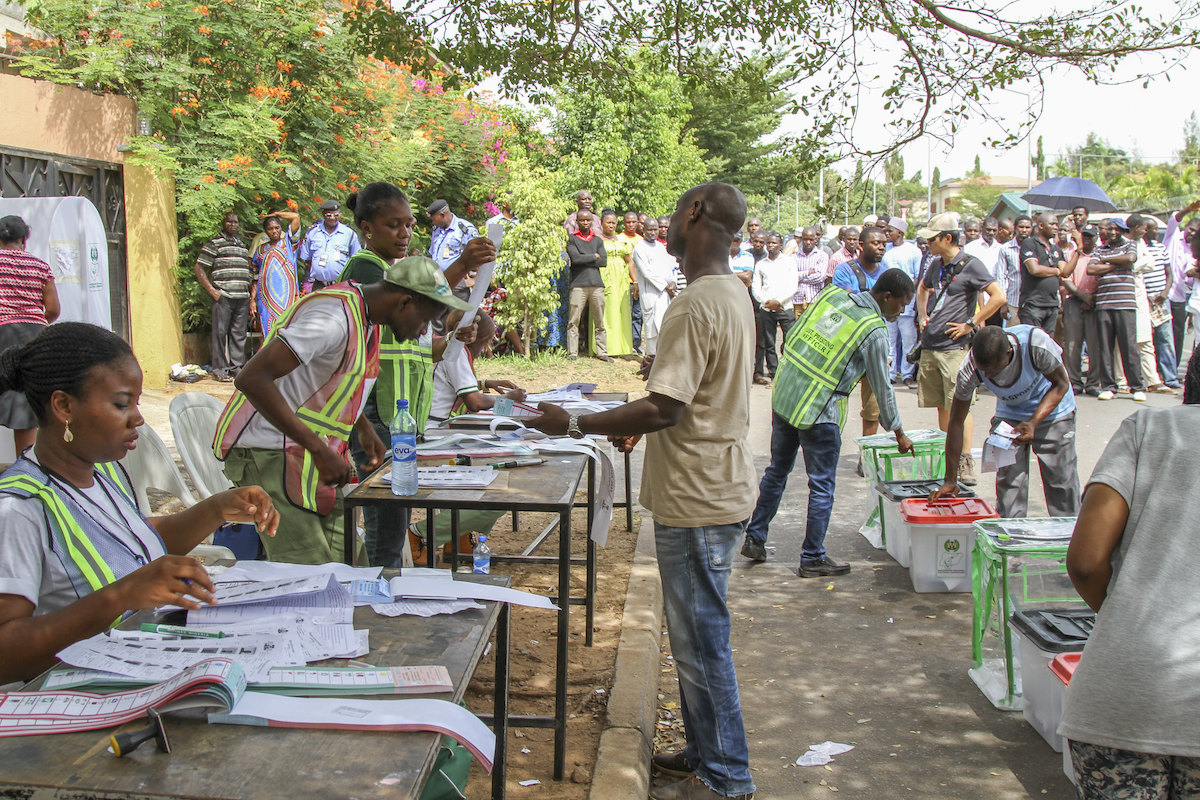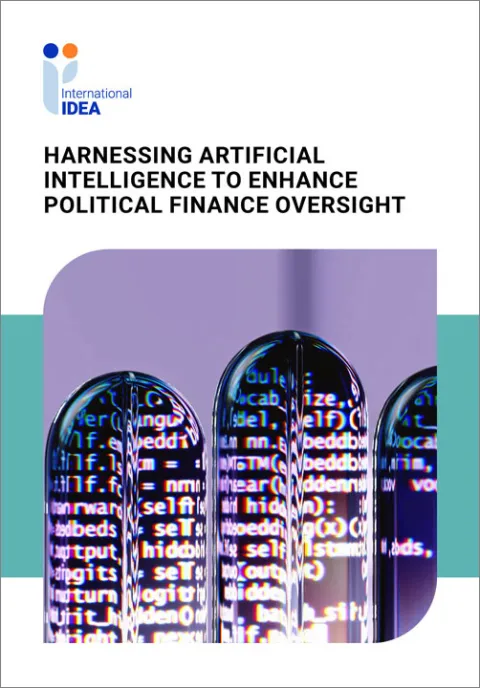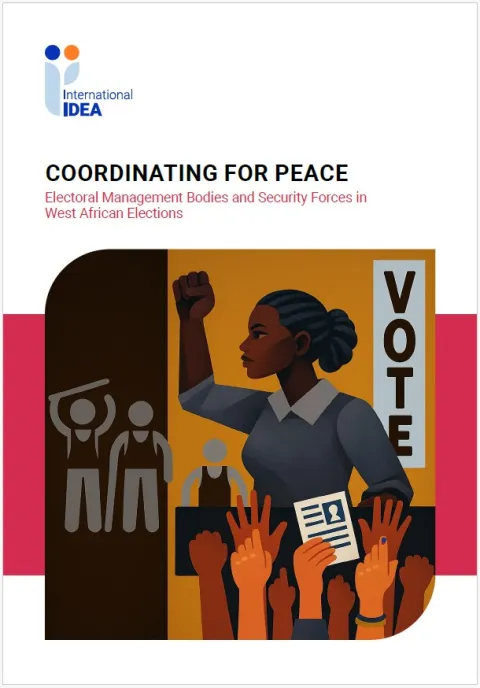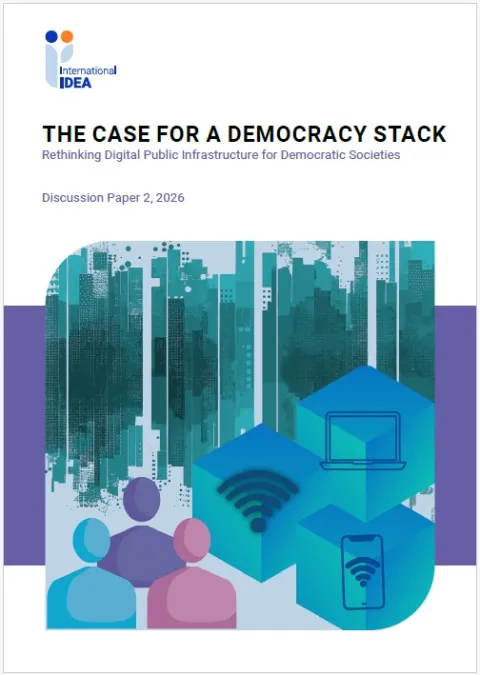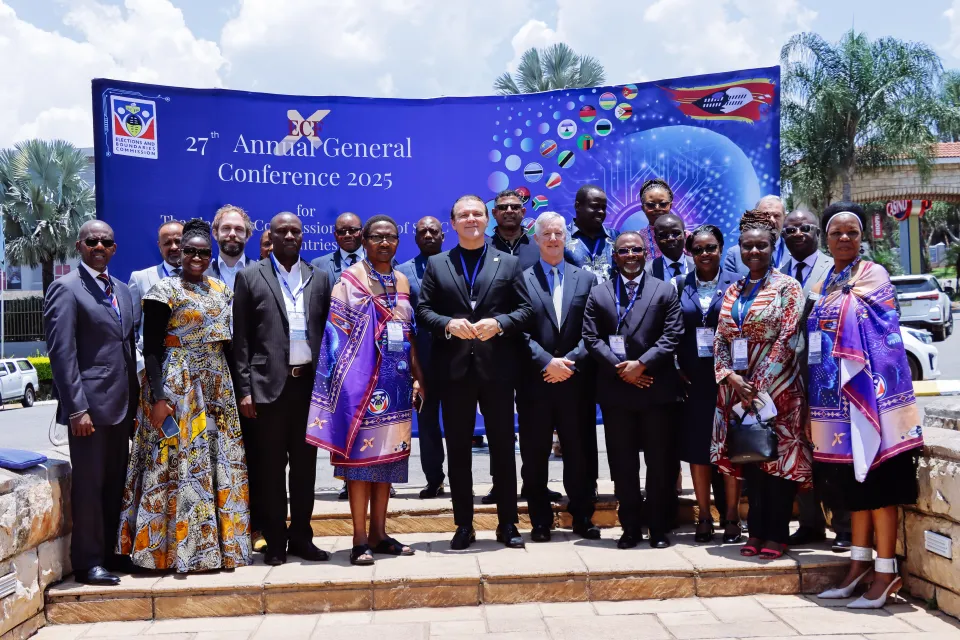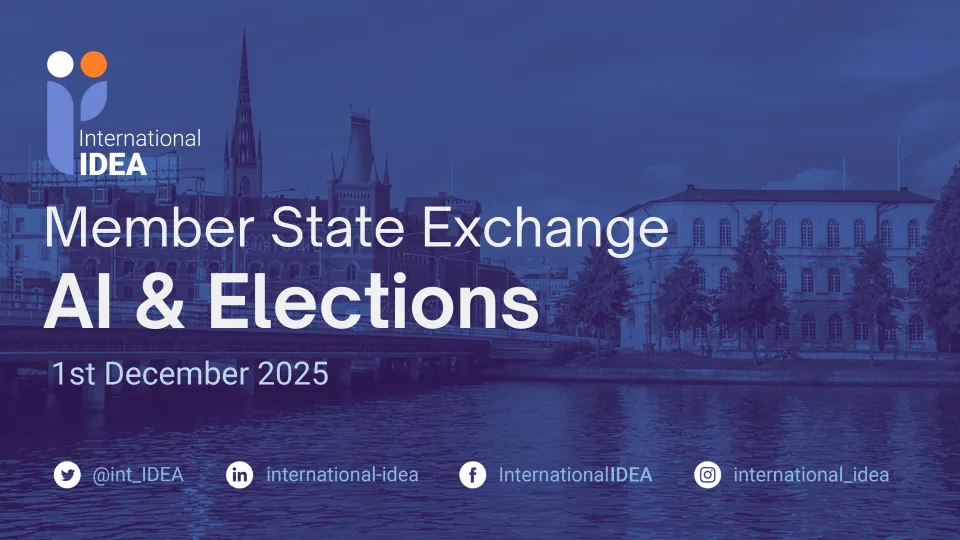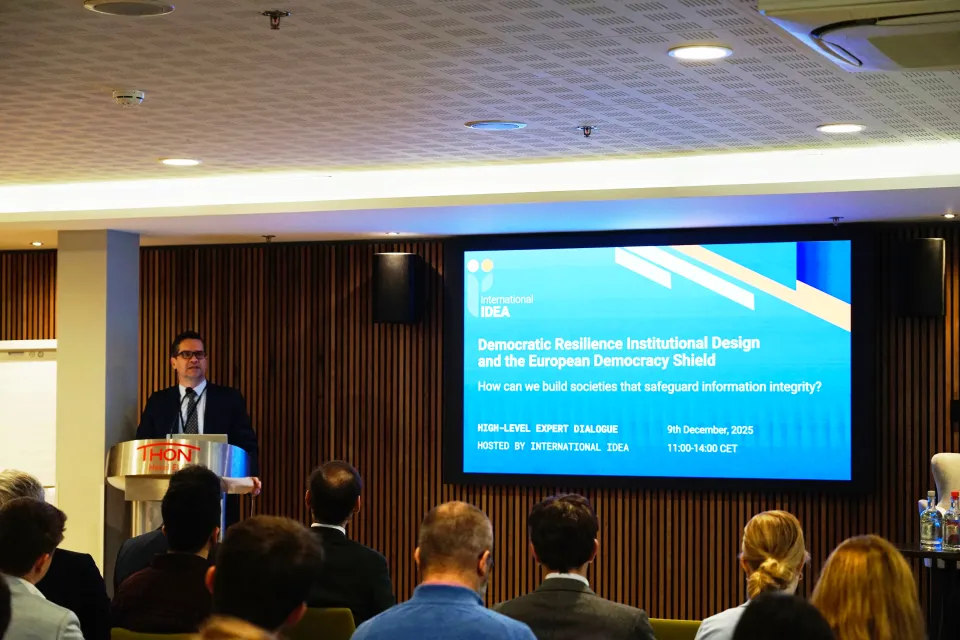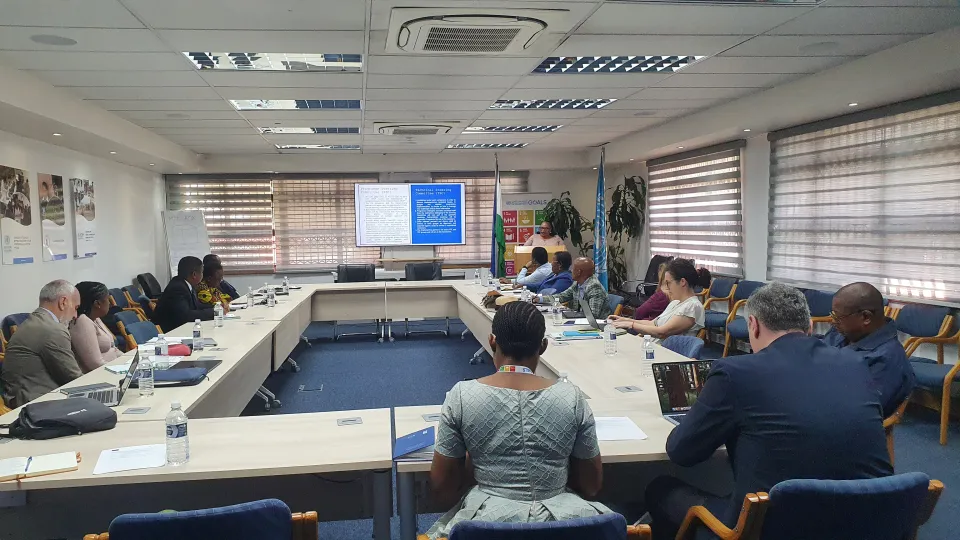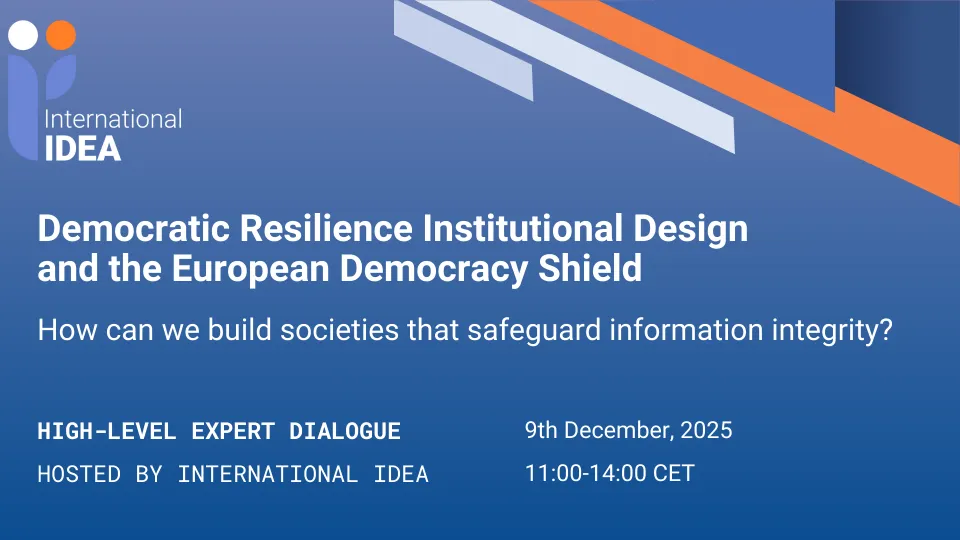Safeguarding Democracy
Over the past decade, information integrity has emerged as a cornerstone of healthy democracies, underpinning public trust, accountable governance and meaningful citizen participation. As digital spaces have become increasingly polluted by disinformation and fake content, exacerbated by the rapid rise of generative artificial intelligence, societies face growing challenges in distinguishing fact from fiction. This trend threatens the quality of democratic discourse and electoral integrity, especially in fragile contexts where institutional resilience may already be limited.
This report explores the evolving risks and opportunities posed by information pollution in developing democracies, drawing from in-depth case studies of elections in 2024 across Bangladesh, Ghana, Indonesia, Mexico, Mongolia, Pakistan and South Africa. It highlights the unique mechanisms of information pollution in different governance contexts, identifying current countermeasures and making suggestions as to where development actors can foster ethical use of AI and uphold information integrity online.
Details
Staff authors
Contents
Executive summary
Recommendations for development practitioners
Introduction
1. Case studies: An overview
1.1. Bangladesh
1.2. Ghana
1.3. Indonesia
1.4. Mexico
1.5. Mongolia
1.6. Pakistan
1.7. South Africa
2. Case study findings
3. Building electoral resilience with a whole-of-society approach
4. Conclusion
References
Give us feedback
Do you have a question or feedback about this publication? Leave us your feedback, and we’ll get back to you
Send feedbackSafeguarding Democracy
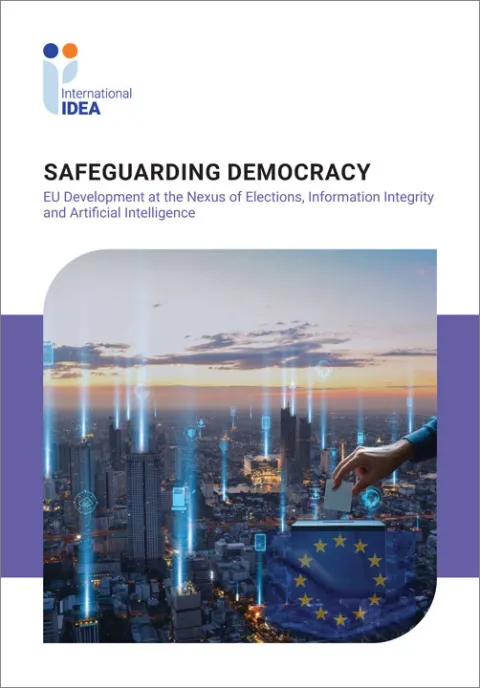
| Total views | 4454 |
|---|---|
| Downloads | 218 |
| Rating |
Staff authors
Give us feedback
Do you have a question or feedback about this publication? Leave us your feedback, and we’ll get back to you
Send feedbackRelated publications
